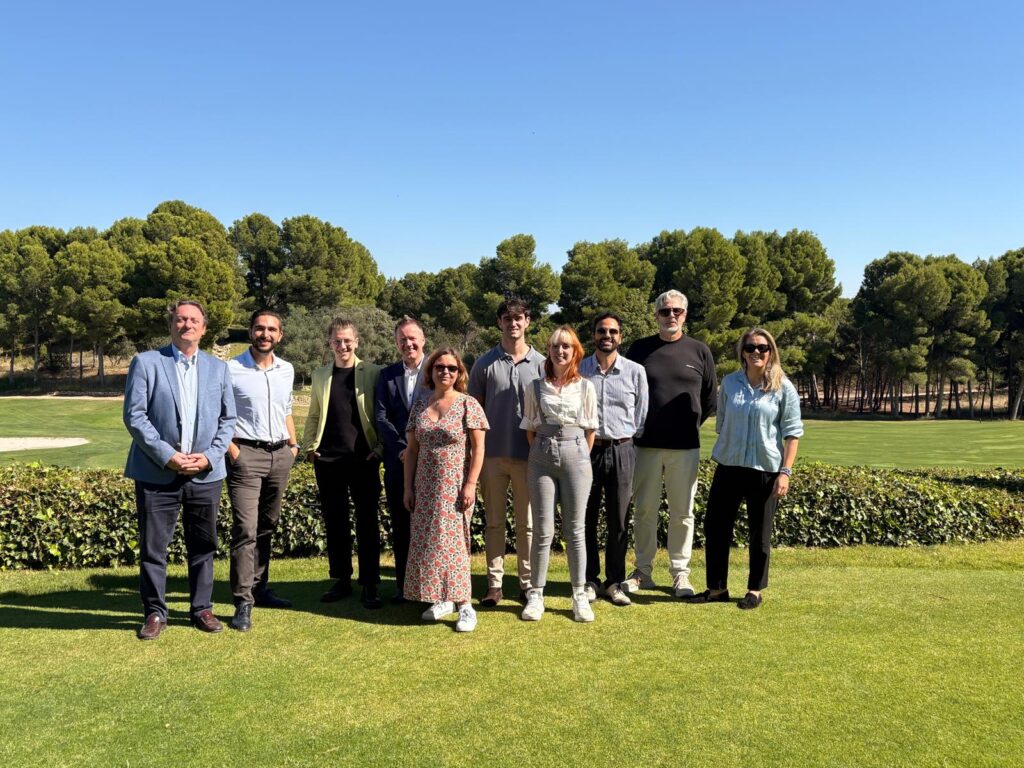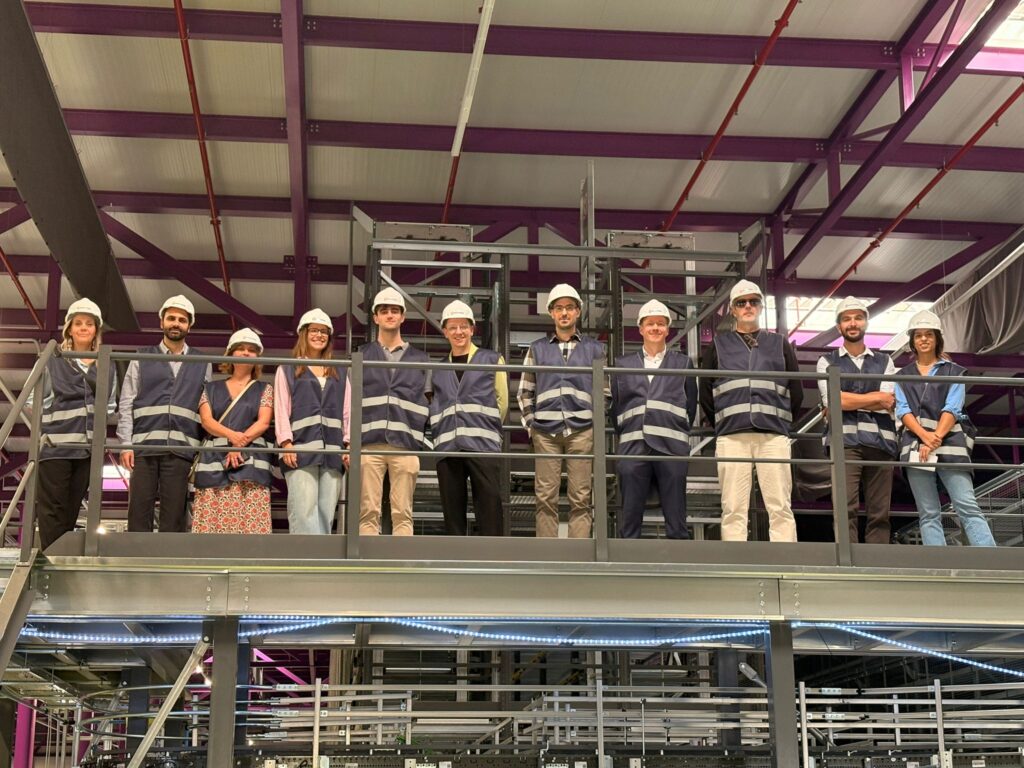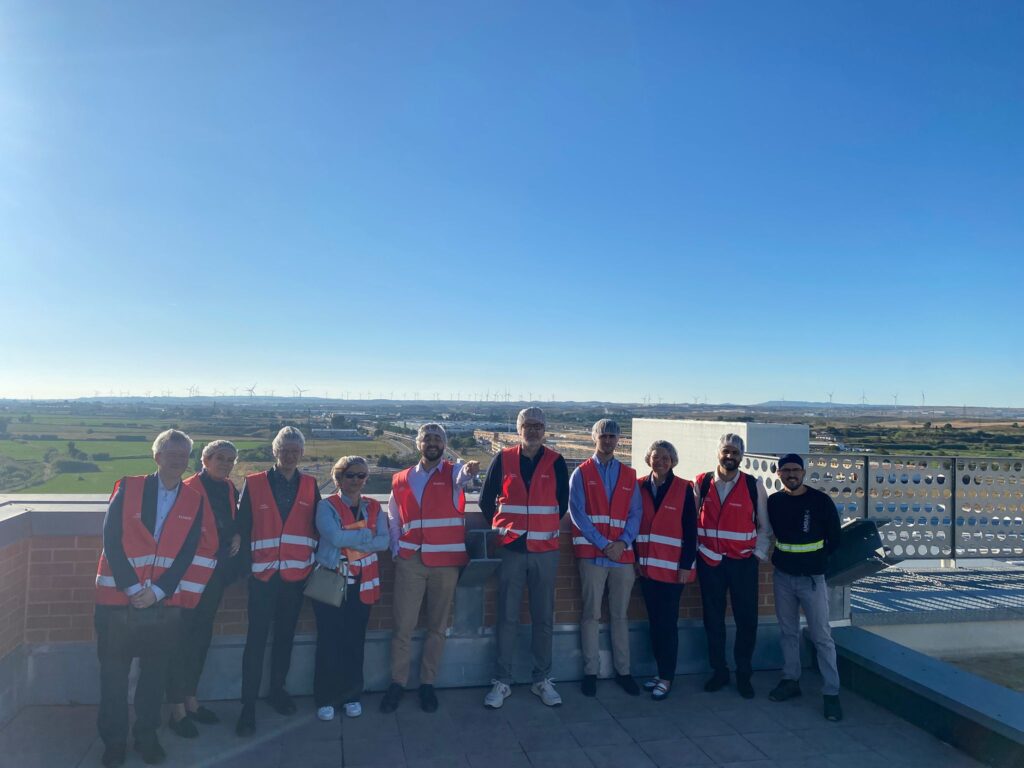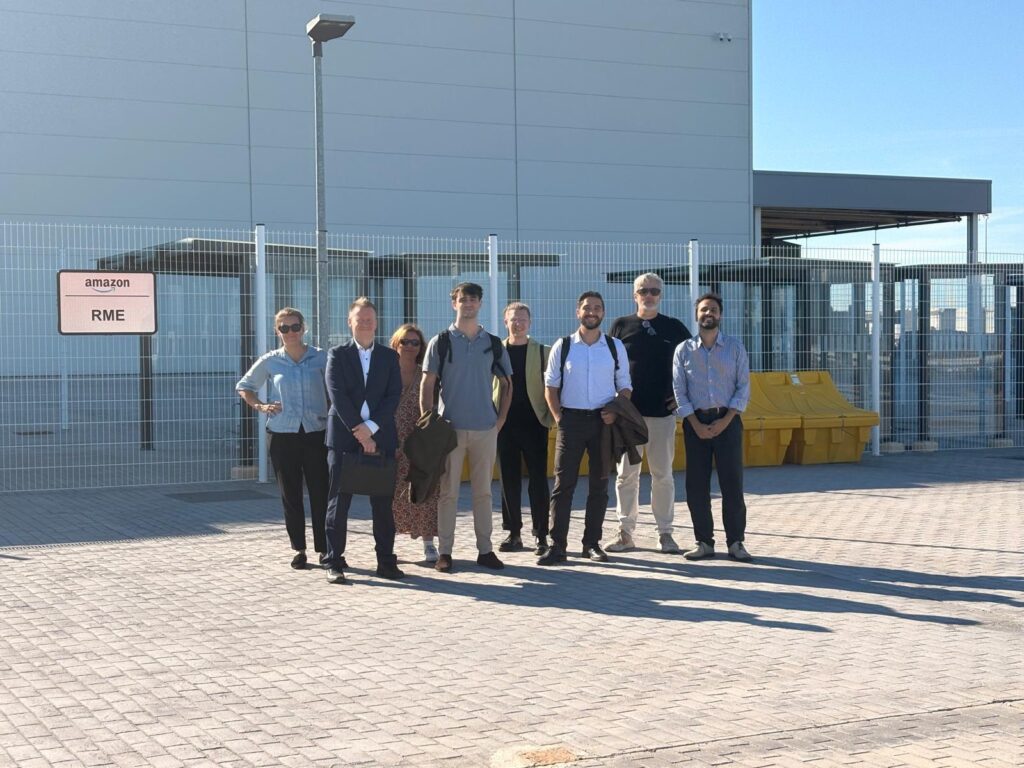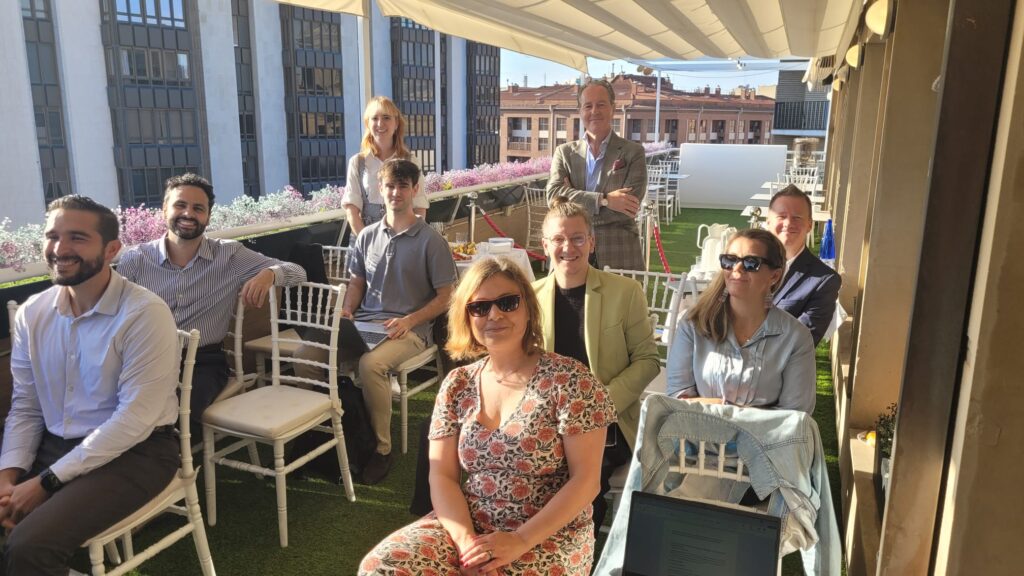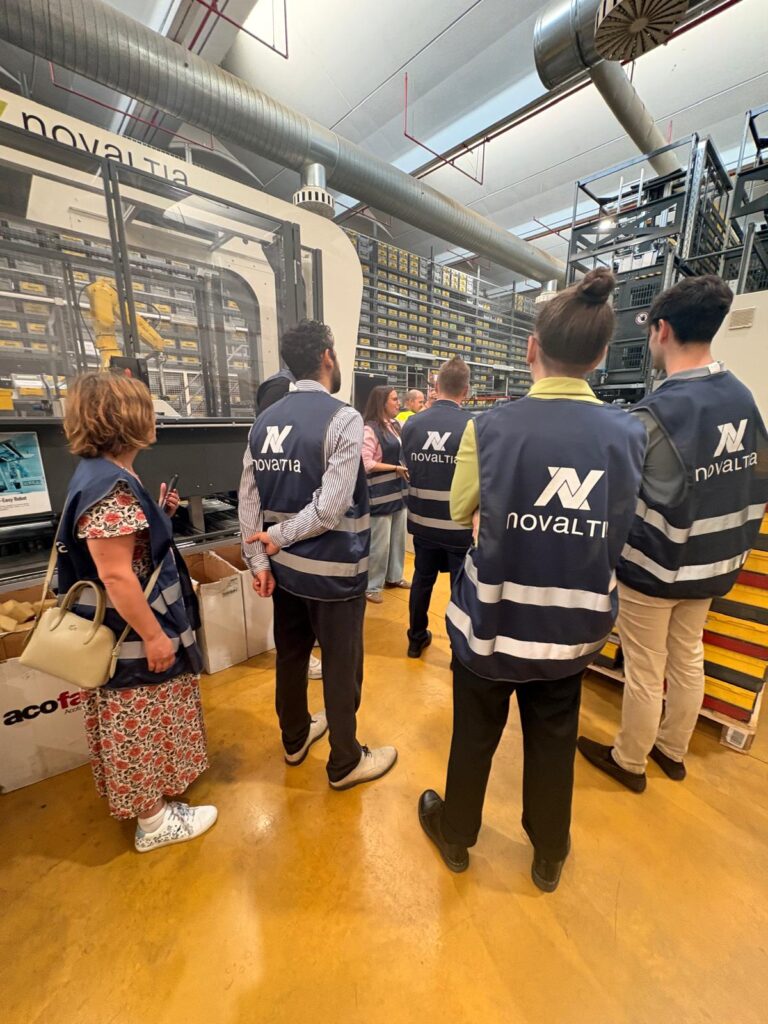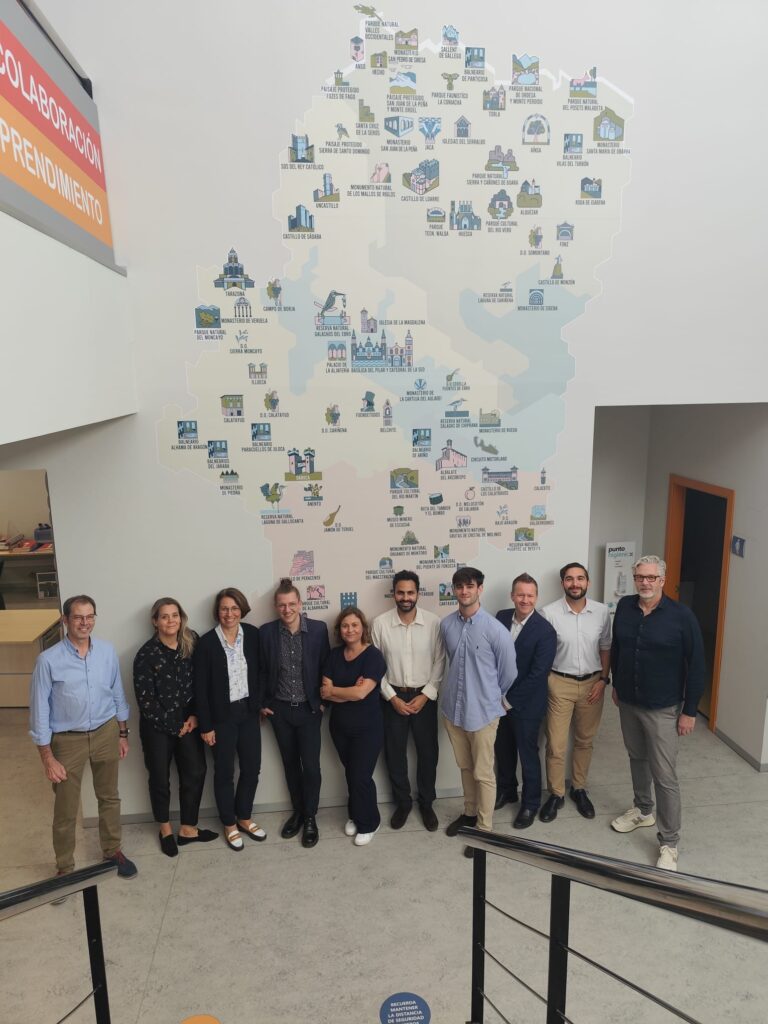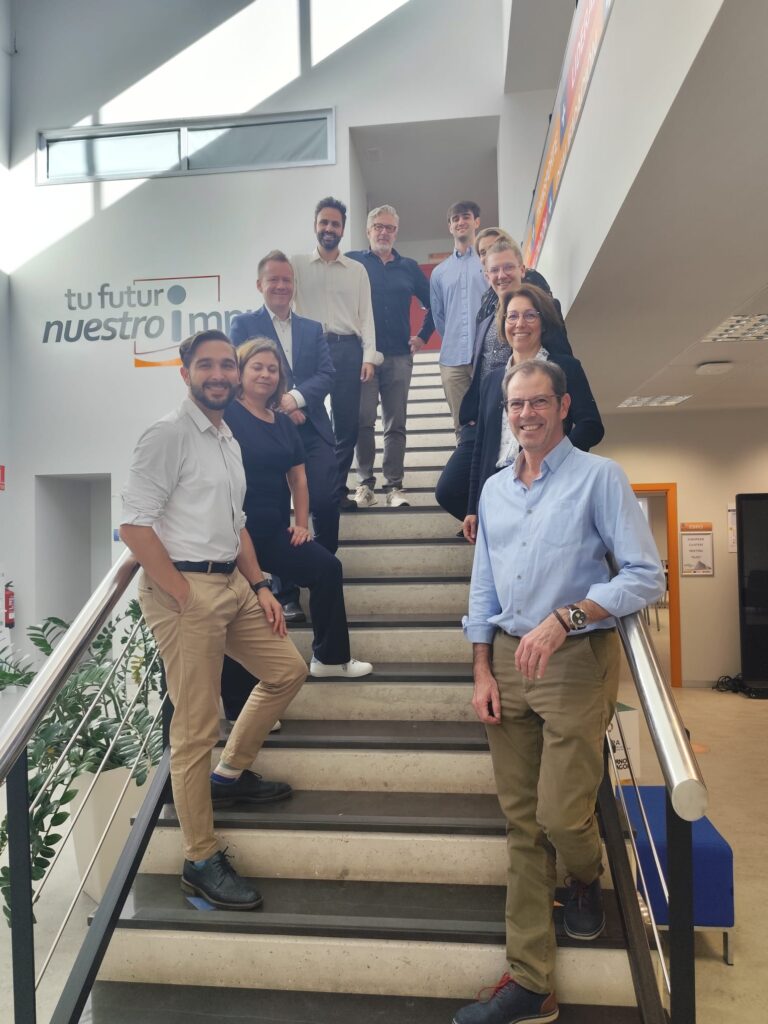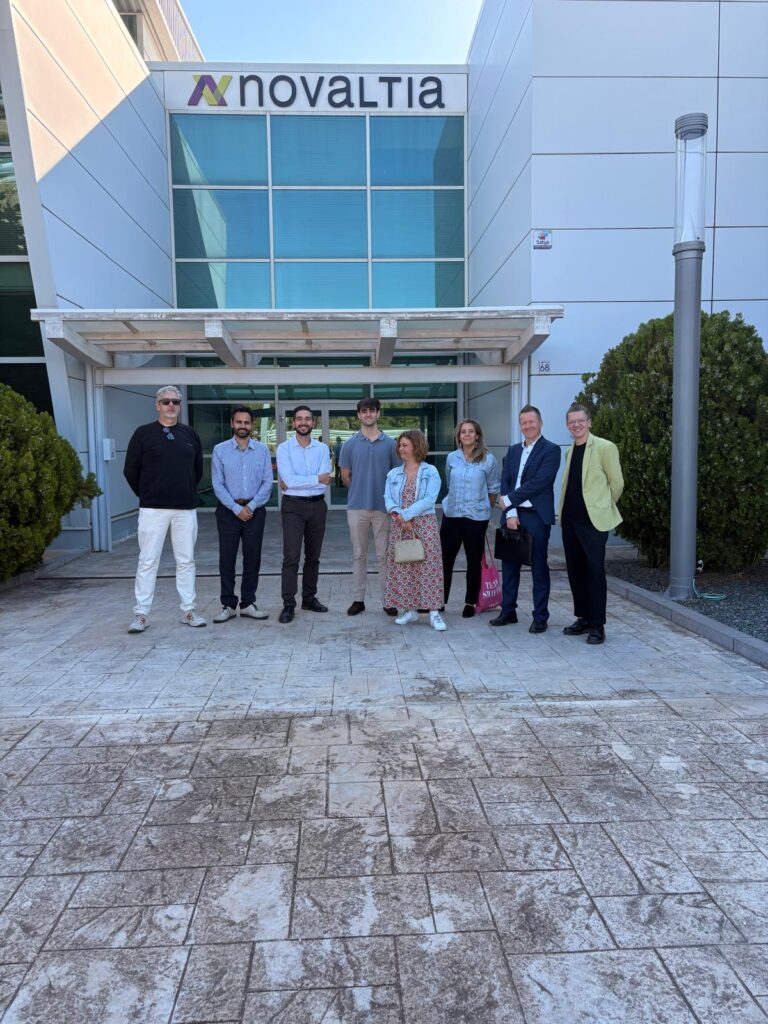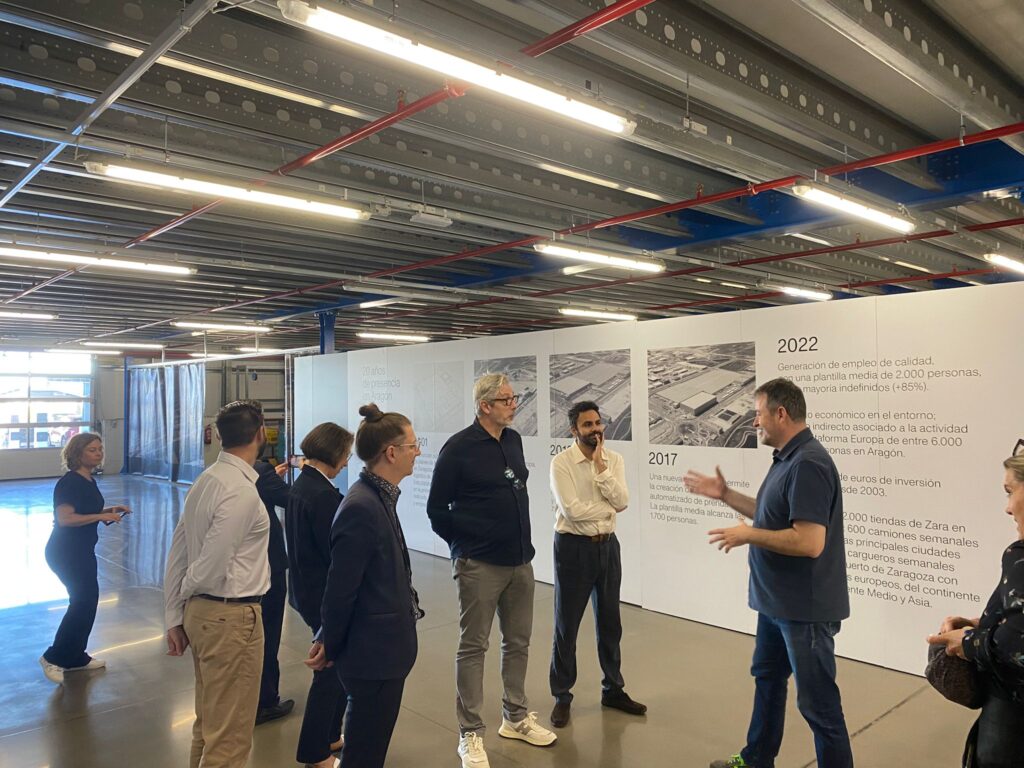Friday, November 7th, 2025
The 30th of September members of the ALICE Logistics Clusters network met in Zaragoza, Spain, for three days of learning, exchange, and collaboration – hosted by ALIA (Aragon Logistics Cluster), with the support of PLAZA, the largest logistics platform in Spain.
The gathering brought together clusters from across Europe – including CARA, LIMOWA, CLOSER, VIL, Logistics in Wallonia, and Euralogistic – to deepen cooperation and explore innovation in logistics and supply chain management.
The event opened with a warm welcome from Angel Gil, Director of ALIA, and an introduction by PLAZA to Aragón’s dynamic logistics ecosystem.
Zaragoza as a Strategic Logistics Hub: Capacity, Connectivity and Competitiveness
Aragon is positioned as one of the most strategic intermodal logistics hubs in Southwestern Europe. Located at the center of gravity of Spain’s population and GDP, Zaragoza enables national distribution in 24/48 hours and provides balanced access to the country’s main consumption regions and industrial corridors.
Combined with a lower cost of living and operating environment compared to cities such as Barcelona or Madrid, Aragon offers an attractive value proposition for logistics operators, retailers, e-commerce firms, manufacturers, and supply chain integrators.
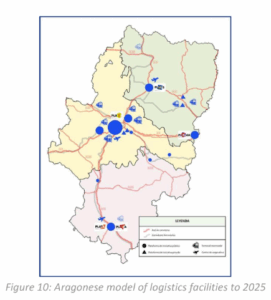
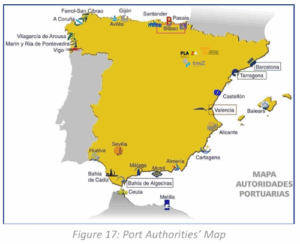
Technical visits
The first visit took participants to Novaltia, a pharmaceutical logistics cooperative serving more than 450 pharmacies. The tour showcased advanced robotics, preventive maintenance, and an ongoing transition toward a new, energy-efficient warehouse designed to meet growing demand.
After a networking lunch, the group visited Amazon’s Zaragoza replenishment center, a major cross-docking hub connecting Spain and Europe. The visit highlighted Amazon’s balance between automation and human flexibility, its scale (25 000 employees and 40 warehouses), and Zaragoza’s role as a strategic logistics gateway.
The second day began with a visit to AMBAR, a local brewery integrating a fully automated logistics platform directly connected to its production site – enabling seamless distribution to restaurants and bars across Aragón. Participants discussed that the main challenge of automation lies not in machinery but in network reliability and digital infrastructure.
The next stop was INDITEX, globally known for its ZARA brand. Its highly automated logistics center, recently upgraded with robotic container unloading, illustrated how technology, connectivity (including proximity to the airport), and scale position Zaragoza as a global logistics node. Yet, as the site’s leadership emphasized, automation comes with significant investment costs and is not equally suitable for all warehouses.
The day concluded with a hybrid working session to reflect on cluster activities, shared challenges, and upcoming opportunities, followed by a dinner in the heart of Zaragoza celebrating collaboration and ALIA’s hospitality.
The final day took place at the Zaragoza Logistics Center (ZLC), where clusters discussed European funding programmes and explored how they can support SMEs in scaling innovation and internationalization.
By connecting clusters, research institutions, and businesses, the meeting underscored the potential for collective action in shaping Europe’s sustainable logistics future.
Following the Zaragoza visit, ALICE clusters met again on 20 October 2025 to consolidate feedback and define next steps. Several key takeaways emerged from the technical visits and cluster exchanges:
During the clusters meeting hosted by CIFPA (training center), clusters also agreed on several new directions:
The Zaragoza meeting reaffirmed ALICE’s mission: to foster cross-border collaboration, accelerate innovation, and strengthen Europe’s logistics resilience. From exploring cutting-edge automation to planning joint European projects, the clusters demonstrated how cooperation can turn regional expertise into continental strength.
